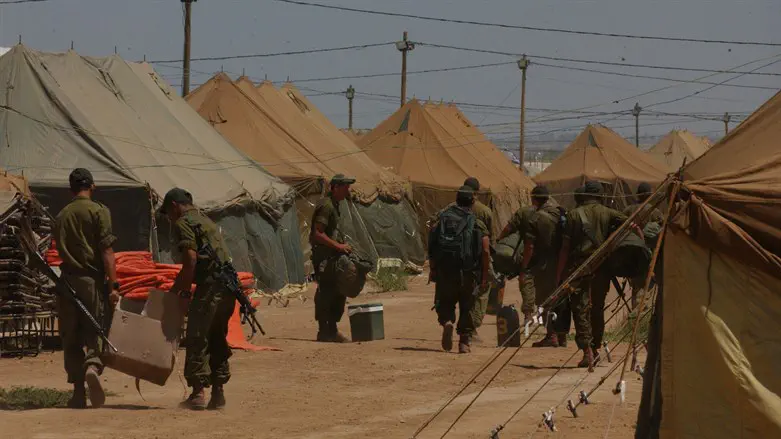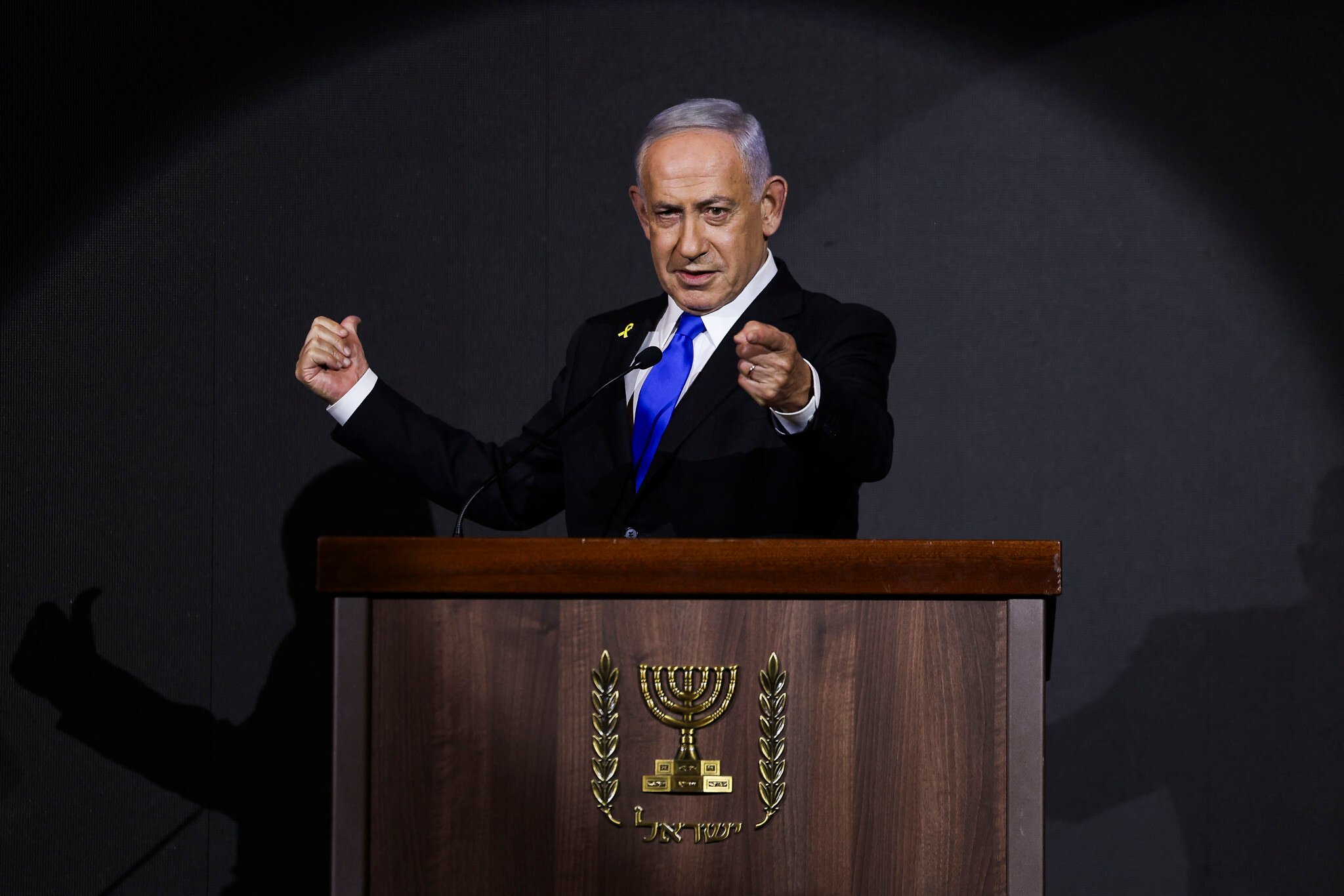A new study by Lt. Col. (res.) Yehonatan Dahoah-Halevi reveals that Hamas deliberately timed its October 7 attack on Israel to coincide with a period of peak internal crisis within the country. Intelligence documents from Hamas' Al-Qassam Brigades show that as early as July 2023, the group identified Israel's political turmoil, public protests, and military insubordination as factors undermining the nation's military readiness.
The attack plan, which had been in development since 2014 and updated over the years, was originally slated for an earlier date but was postponed as Hamas monitored the deepening crisis in Israel. The leadership decided to strike during a Jewish holiday, believing that the internal divisions and weakened military would maximize the attack's impact.
Dahoah-Halevi's research highlights how Hamas used information about reserve duty refusals and eroded national cohesion to choose the timing for the massacre. The group also intended to use tensions over religious sites as a pretext to incite further unrest and rally support. According to the study, Israel's main vulnerability was its prolonged political crisis, which signaled to Hamas that the balance of power was shifting in its favor.

 image sourced from original article at
image sourced from original article at 


